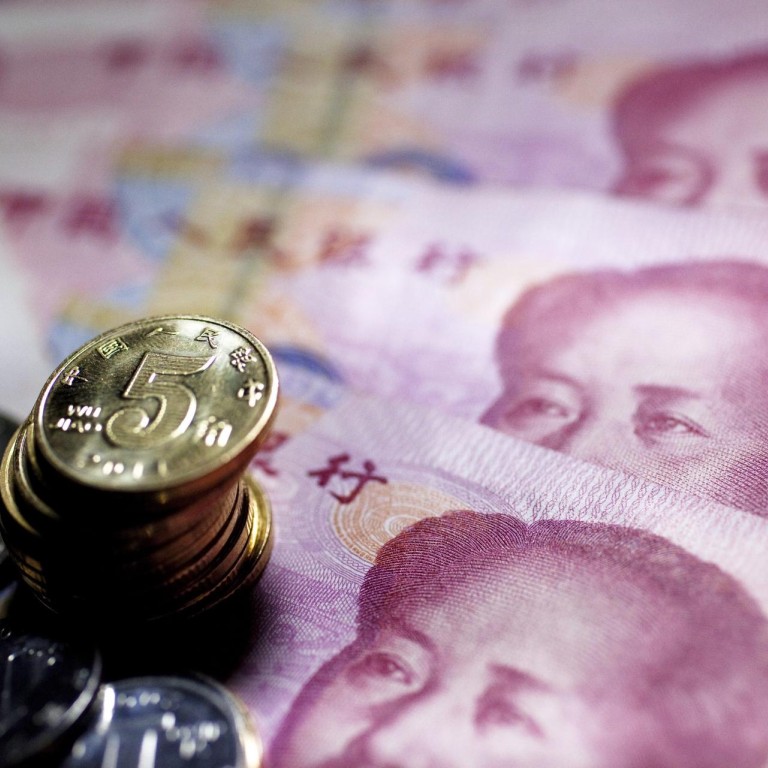
The games that got the Chinese share market rolling off the cliff
Interested in a tour of the margin financing world with Chinese socialist characteristics that pushed the mainland stock market into a meltdown?
You don't have to venture far nor go into any dark corners. Just look at the rear of the rickshaws zooming around Beijing's hutong or search for (financing) on the internet.
There are websites with all kinds of bizarre names to choose from: fat wallet, money lover, gold diggers, door to riches …
Until this week, investors seeking extra funds to play the market needed to just key in their email addresses and contact numbers to start an account. A deposit as little as 100 yuan (HK$126) into the account through a bank transfer or a convenience store, and the account holder would have 10 times as much to trade stocks. The cost for the funds was as low as 1 yuan a day.
The brave could leverage up to a million yuan without credit checks. No identification was needed, unless there was a cash withdrawal.
Were the financiers dumb? For them, the few bucks a day would translate into an annual return of 50 to 100 per cent. Also, they - not the account holders - had control over the securities account and thus the shares.
Thanks to some innovative software, investors were trading real time through their virtual accounts - all merged into a stock account controlled by the financier or lender. If the stock fell more than 15 per cent, the lender would sell the borrower's shares to cover the difference. During the recent rout, some lenders even took over the suspended shares at half price.
The more borrowers, the lower the default risk. Of course, the smart financiers know their own money was not in play. Instead, the funds were raised through some peer-to-peer platforms, which lured with 7 to 10 per cent interest rates and a rosy picture of the stock market.
This was not only a game for the cowboys. Major institutions were in it too, although under a different name - umbrella trust, the Chinese version of subprime.
A plan marketed by Guangfa Securities last year illustrates how it worked.
Instead of going to online financiers, an investor deposited five million yuan with state-owned China Resources Trust for a 10 million yuan loan at an interest rate of 7 to 9 per cent a year.
The company then packaged the loan into a trust product, which was marketed by China Merchants Bank on its website as a "prudent" investment with "little risk of losing the principal".
It boasted a 6 per cent return, priority to cash in should the share value drop, margin calls in case of a 13 per cent drop and the trustworthiness of a state-owned trust company.
What it didn't state was that the money was going to punters whose only prerequisites were three years' experience in stock trading and aged above 18.
It was a happy merry-go-round. The punter got two times leverage to play the market free from regulatory restriction; the broker a client with more money to trade and at no cost to its books.
The trust firm enjoyed the interest spread and cash flow from the trust investors to be leveraged on. The bank got the fee and, in some cases, a product to invest in. No one cared about creditworthiness because none of their money was at risk.
Be it the cowboys or big boys, such funds to play the market snowballed to exceed an estimated two trillion yuan. Most of the money went into small-cap stocks - where else to expect the quantum leap in share price needed to pay the interest?
These were the engines behind the mythical rise of the mainland stock market. Needless to say, any news affecting the liquidity will send such a market into a free fall.
The irony is that the preceding paragraph came from Xinhua in a warning of the market phenomenon in a commentary in November last year. Its four-piece series detailed off-book margin finance and called for regulatory action.
The regulators knew it was a ticking bomb but did not disarm it. Who stopped them and why?

